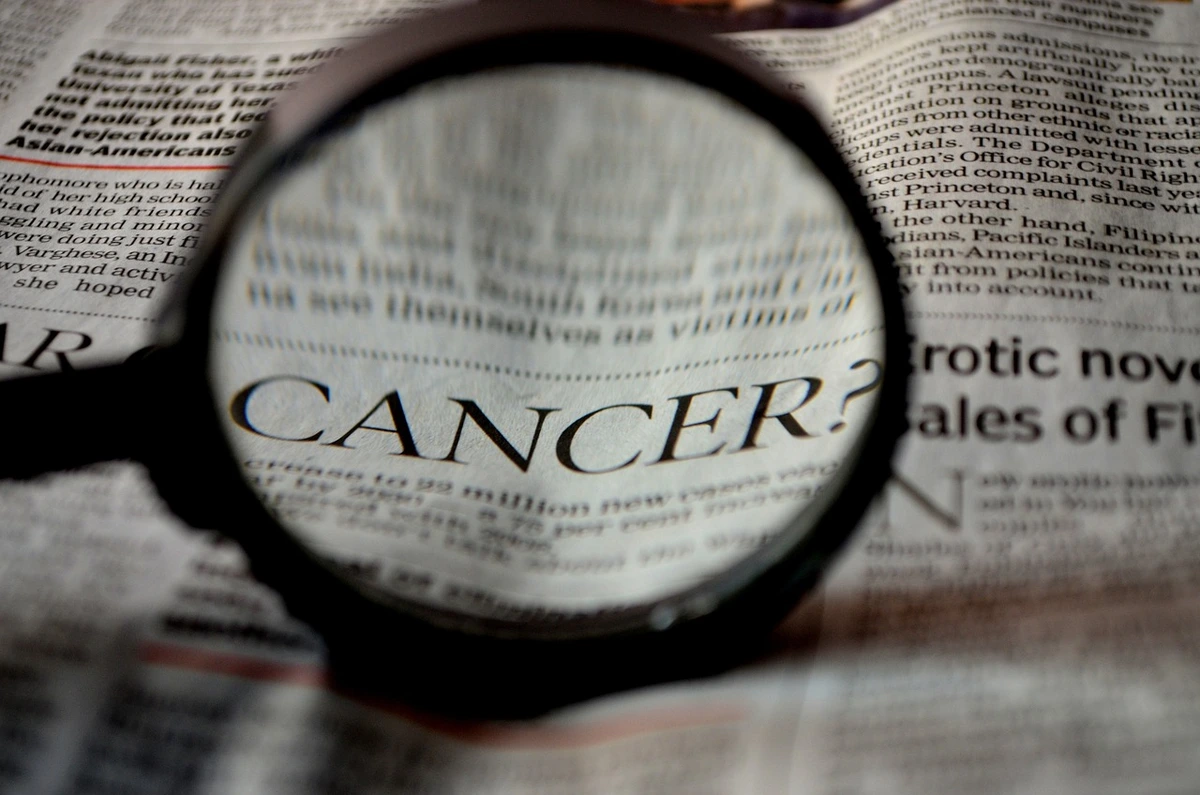Researchers at the Indian Institute of Science (IISc) have unveiled a promising breakthrough to enhance cancer immunotherapy, published in Frontiers in Immunology. This advancement holds potential to revolutionize treatments, offering a more targeted approach compared to conventional methods.
The Significance of Interferon-gamma (IFN-γ)
The study delves into the crucial role of Interferon-gamma (IFN-γ), a key cytokine in immune response. IFN-γ, secreted by T cells or natural killer cells, plays a pivotal role in triggering apoptosis in tumor cells.
Challenges in Cancer Immunotherapy
While cancer immunotherapy has shown promise, challenges such as varying efficiency and costs persist. The IISc team aimed to address these issues by investigating how different cancer cells respond to IFN-γ activation.
Understanding IFN-γ Deficiency
Avik Chattopadhyay, a PhD student at IISc’s Department of Biochemistry, highlights the impact of IFN-γ deficiency on cancer cells’ response to immunotherapy. Deficiencies in IFN-γ or its signaling pathway may hinder the effectiveness of immunotherapy.
Metabolic Processes Unveiled
Upon treating cancer cells with IFN-γ, the researchers observed a change in the cell growth medium’s color, indicating an acidic environment due to lactic acid release. This led them to explore the metabolic processes behind this phenomenon.
Differential Responses in Cancer Cells
Liver and kidney cancer cell lines demonstrated an increase in nitric oxide (NO) and lactic acid production, leading to toxic reactive oxygen species (ROS) and cell death. However, colon and skin cancer cell lines exhibited resistance to immunotherapy.
Potassium Lactate as a Game-Changer
In addressing resistance, the team experimented with inducing lactic acid and NO production in non-responsive cells. Surprisingly, the addition of potassium lactate significantly reduced the growth of even resistant cancer cells, showcasing its potential as a game-changer in cancer treatment.
Future Implications and Professor Nandi’s Insights
Professor Dipankar Nandi, the corresponding author, emphasizes the study’s proof-of-concept nature and calls for further research in animal models. Targeting metabolic pathways, particularly with potassium lactate, may enhance the anti-tumor effects of IFN-γ during immunotherapy, especially for challenging cancers.
To wind it up
IISc’s groundbreaking research unveils a new frontier in cancer immunotherapy, offering hope for more effective and targeted treatments. The discovery’s potential impact on metabolic pathways could pave the way for innovative approaches in tackling resistant cancer cells.







